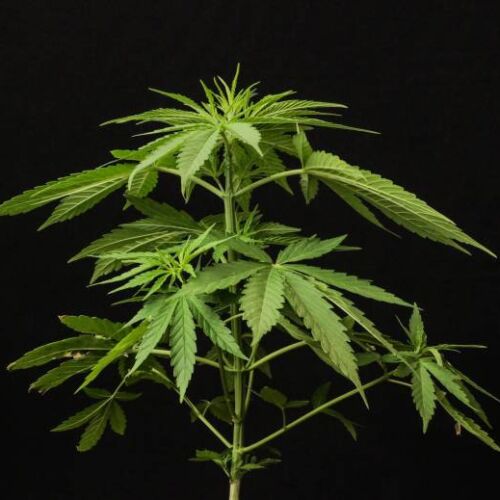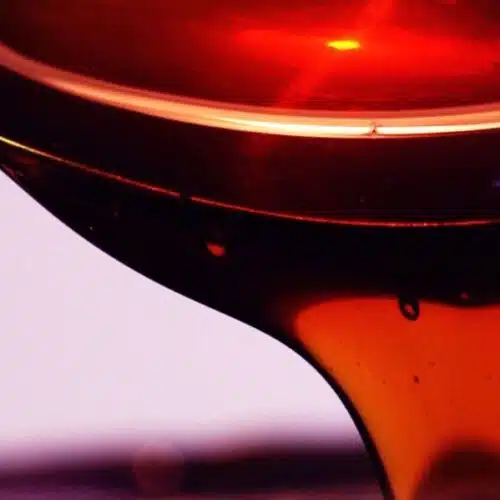Cannabinoid Receptors Play Important Role In Stopping Organ Rejection
THC may delay organ rejection in transplant patients- A University of South Carolina School of Medicine study has displayed signs of Tetrahydrocannabinol’s (THC) capacity to delay the rejection of incompatible organs during transplant.
“We are excited to demonstrate for the first time that cannabinoid receptors play an important role in the prolongation of rejection of a foreign graft by suppressing immune response in the recipient.”
The Study
The study, which has been published in the September issue of The Journal of Leukocyte Biology, details the research involving two groups of genetically different mice. Researchers took a skin graft from each group and then transplanted them between the diverse sets. The first group was administered placebo, while the second group was administered THC. Here, researchers witnessed THC delaying the organ rejection when compared to the control group.
“This opens up a new area of research that would lead to better approaches to prevent transplant rejection as well as to treat other inflammatory diseases.”
Research
Researchers further expressed a need to identify the molecular pathways involved in this interaction.
In a political side note, California Governor Jerry Brown signed the Medical Cannabis Organ Transplant Act in July 2015, prohibiting discrimination against medical cannabis patients awaiting an organ transplant. Prior to the passing of AB 258, medical cannabis patients were routinely removed from the organ transplant waiting list if they tested positive for use of the plant. As medical marijuana displays potential to aid the body in the delaying of organ rejection during transplant, the policy not only prevents discrimination, but provides room for what could prove to be yet another health benefit of the plant.


